
Radar | Nov 27,2021
Awash Insurance Company (AIC) has become the second firm in the industry to enter the growing takaful market, a Sharia-compliant insurance product.
The oldest private insurance firm, Awash has begun offering its "Selam Takaful" service at a fifth of its branches beginning July 1, 2021. This enables the company to provide customers with the platform to a pool of funds that is used to cover risks incurred by participants.
Regulators at the National Bank of Ethiopia (NBE) have given their nod for Awash, which was given permits two months ago. Al-Huda Centre of Islamic Banking Economics, a Dubai-based Islamic banking and insurance service consultancy company, was hired to conduct a feasibility study. The regulators require insurance firms to commission studies when soliciting permits. According to executives of the company, the apparent lack of Sharia-compliant insurance services despite the size of the population adhering to the Islamic faith was the takeaway from the feasibility study.
"The study showed that the firm would be profitable if it provided products that meet the market's demand," said Firafis Dejene, strategic planning and research manager at Awash Insurance.
A directive regulating Takaful services surfaced last year, allowing insurance firms to open a window for the product. Insurance firms have since geared up to explore the opportunity, hiring international consultants to study the market and its potential.
Global Insurance was a pioneer in launching a Takaful service in September 2020. The feasibility study it commissioned showed 1.3 trillion Br could be mobilised in a few months by introducing a Takaful insurance scheme, amounting to a little less than two percent of the total deposits mobilised by commercial banks over the last fiscal year. Global provides all classes of business in its 22 branches, except family Takaful insurance, similar to conventional life insurance.
Community awareness about Takaful has increased, according to Assegid Gebremedhin, deputy CEO of Global. Although hesitant to disclose the number of customers won, the firm's clients have jumped by a monthly average of 20pc. The firm has already received claims in the fourth quarter of the fiscal year.
Nyala Insurance is another insurer set to jump on the Takaful bandwagon. Its executives commissioned a feasibility study a few months back.
"We're looking into it vigilantly," said Yared Molla, Nyala's CEO. "We'll join soon."
Insurance firms can pick from a few widely used models: Wakala, Mudharabah, and Hybrid.
In the Wakala model, the fee is subjected to approval by the Sharia advisory board of the insurance firm that is expected to charge an agreed-upon amount to cover costs.
The Mudharabah model requires the insurer and the client to get into a profit-sharing agreement. A large portion of funds collected from contributors goes into a participant's risk-fund account. What is remaining in a participant's investment account is invested in a Sharia-compliant venture. Profit generated from the participant's account is shared between all participants and the operator based on an agreed-upon ratio. Profit and the amount in the investment account are used to pay for claims and underwriting costs. But, underwriting surplus is shared among participants and the operator.
The Hybrid model combines both, where the operator receives an agent fee and a share from the surplus.
Awash Insurance, 26 years in business, has chosen to adopt the Wakala model, which it has availed at 10 of its 53 branches. The firm chose to use the model for its simplicity and compatibility with regulations set by the central bank.
The contribution participants are expected to pay depends on the amount used for conventional insurance services, according to Firafis, whose company sold 1.28 billion Br in premiums this year. By implementing the Wakala model, the insurer is advised to keep 65pc to 55pc in the participant's fund while the remaining goes to the shareholder's fund.
A lack of experienced staff remains a challenge that executives neither at Awash nor Global insurance firms have overcome. A solution both have resorted to is to train high-level and desk level employees.
Ebsa Mohammed, an insurance expert and manager at Alpha Consultancy, sees the ongoing training as key but insists that insurance firms need to step up their games in marketing.
"Public understanding of the products remains low," he said.
PUBLISHED ON
Jul 03,2021 [ VOL
22 , NO
1105]

Radar | Nov 27,2021
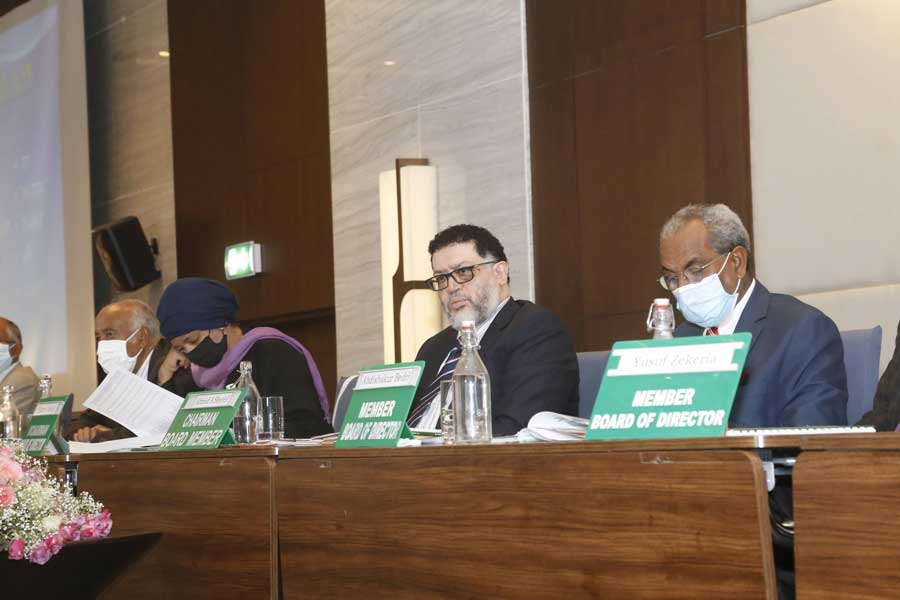
Fortune News | Mar 13,2021
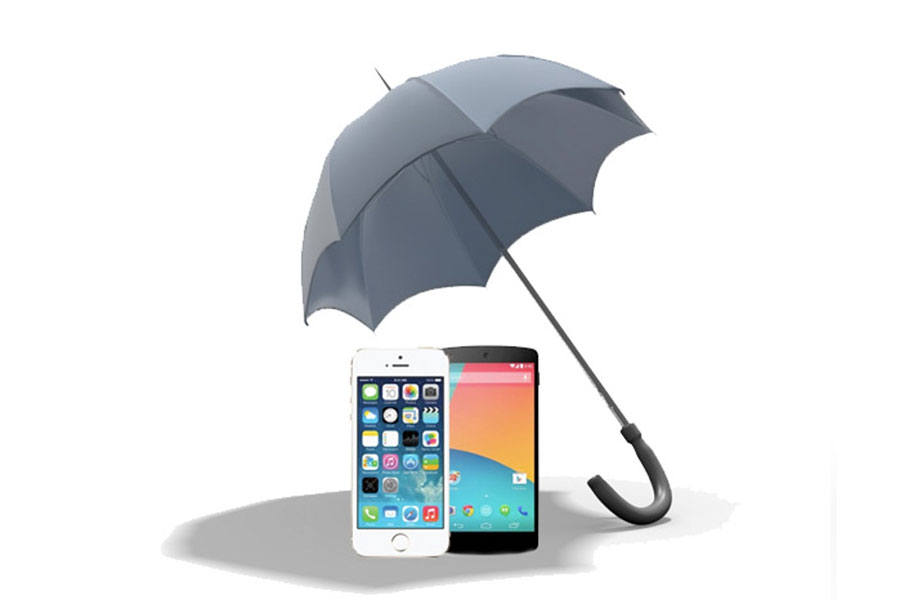
Fortune News | Sep 10,2021

Radar | Jul 28,2024

Life Matters | Nov 16,2024

Radar | Dec 26,2020
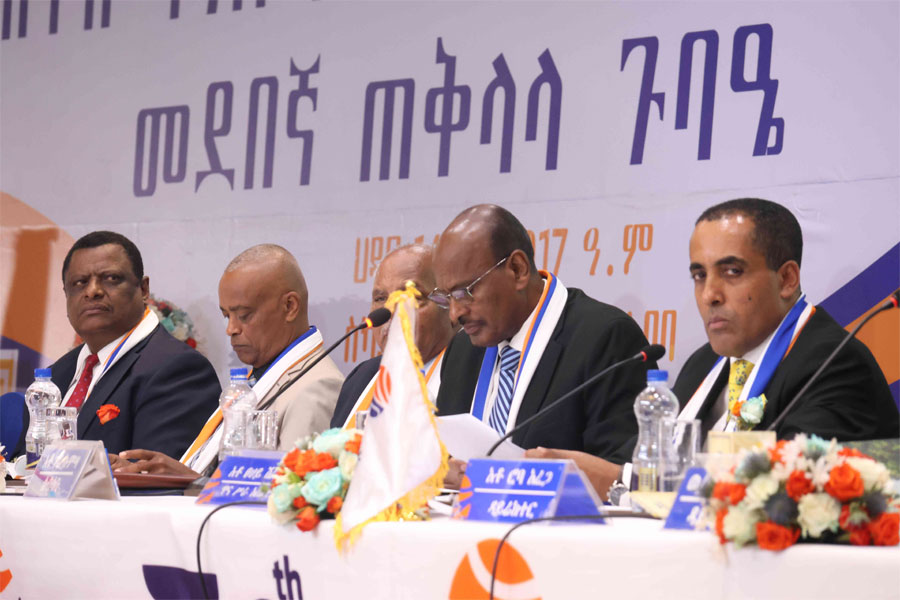
News Analysis | Dec 15,2024
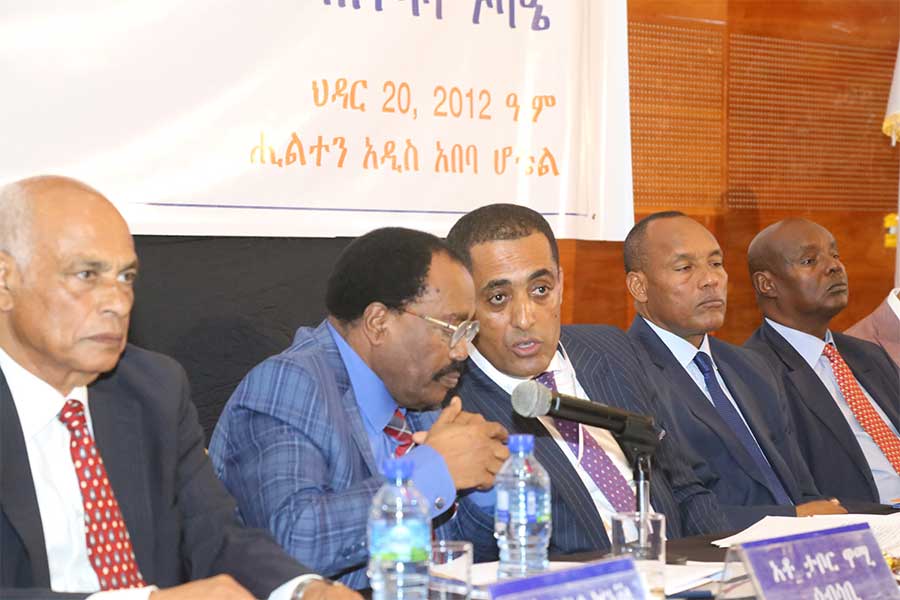
Fortune News | Feb 08,2020
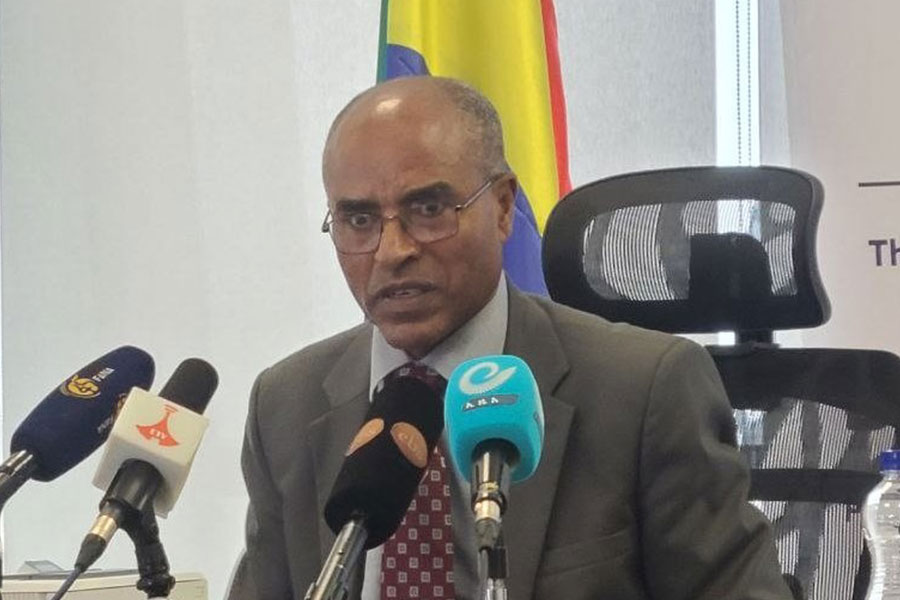
Fortune News | Apr 23,2025

Fortune News | May 29,2021

Dec 22 , 2024 . By TIZITA SHEWAFERAW
Charged with transforming colossal state-owned enterprises into modern and competitiv...

Aug 18 , 2024 . By AKSAH ITALO
Although predictable Yonas Zerihun's job in the ride-hailing service is not immune to...

Jul 28 , 2024 . By TIZITA SHEWAFERAW
Unhabitual, perhaps too many, Samuel Gebreyohannes, 38, used to occasionally enjoy a couple of beers at breakfast. However, he recently swit...

Jul 13 , 2024 . By AKSAH ITALO
Investors who rely on tractors, trucks, and field vehicles for commuting, transporting commodities, and f...

Oct 18 , 2025
The political establishment, notably the ruling party and its top brass, has become p...

Oct 11 , 2025
Ladislas Farago, a roving Associated Press (AP) correspondent, arrived in Ethiopia in...

Oct 4 , 2025
Eyob Tekalegn (PhD) had been in the Governor's chair for only weeks when, on Septembe...

Sep 27 , 2025
Four years into an experiment with “shock therapy” in education, the national moo...